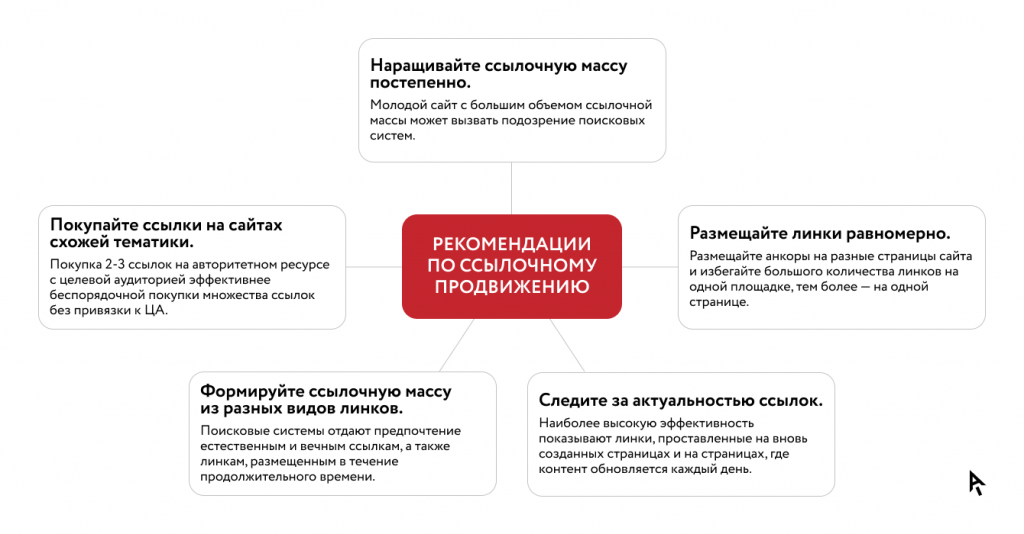Blog entry by Garry Gresham
В эпоху цифровых технологий конкуренция в виртуальном мире становится все более острой. Одним из ключевых элементов успешного продвижения сайта являются обратные ссылки, или бэклинки. В этой статье мы рассмотрим их сущность, роль и стратегии использования для максимальной эффективности.
Что такое обратные ссылки: Обратные ссылки представляют собой гиперссылки, размещенные на внешних ресурсах и ведущие на ваш сайт. Они являются своего рода виртуальными рекомендациями, сигнализируя поисковым системам о качестве и значимости вашего контента.
Роль бэклинков в SEO: Авторитет и доверие: Поисковые системы, такие словно Google, учитывают численность и качество обратных ссылок при определении авторитетности сайта. Чем больше ссылок с авторитетных ресурсов, тем выше рейтинг вашего сайта.
Улучшение позиций в поисковых результатах: Бэклинки являются одним из ключевых факторов, влияющих на ранжирование в поисковой выдаче. Хорошие ссылки могут значительно улучшить видимость вашего сайта в поисковых системах. Трафик и конверсии: Кроме повышения позиций в поиске, обратные ссылки могут прельщать лишний трафик напрямую с других сайтов.
Это в свою черёд может увеличить конверсии и доходность. Как образовать эффективные обратные ссылки: Качество контента: Самый величавый аспект успешной стратегии бэклинков - это качественный контент. Уникальный, полезный и увлекательный материал привлекает внимание и стимулирует другие сайты высылаться на вас.
Гостевой блогинг: Публикация качественных статей на других сайтах с ссылками на ваш ресурс является отличным способом учредить бэклинки и продвинуть собственный сайт. Сетевые связи: Сотрудничество с другими владельцами сайтов и участием в индустриальных форумах помогает сформировать позитивный имидж и получить бэклинки от единомышленников.
Социальные сети: Активность в социальных медиа способствует распространению контента, что может ввергнуть к естественному созданию мастерская обратных ссылок ссылок. Оптимизация анкорных текстов: Разнообразие анкоров: Избегайте монотонности в текстах якорей. Разнообразие ключевых слов и фраз помогает поисковым системам лучше осознать тематику вашего сайта.
Естественность в тексте: Анкорные тексты должны органично вписываться в контекст. Избегайте излишней оптимизации и создавайте ссылки так, дабы они были естественными для читателя. Мониторинг и аналитика: Использование инструментов: Регулярно отслеживайте профиль бэклинков с использованием специализированных инструментов, таких точно Ahrefs или Majestic.
Это поможет вам контролировать и улучшать свою стратегию. Анализ эффективности: Оценивайте действие мастерская обратных ссылок ссылок на трафик, конверсии и позиции в поиске. Это позволит вам корректировать свою стратегию в соответствии с результатами.
Заключение: Обратные ссылки остаются одним из ключевых элементов успешного продвижения сайта. Их правильное использование требует усилий и тщательного планирования, однако они могут значительно повысить фикция вашего ресурса в виртуальном пространстве. И помните, успешная стратегия бэклинков - это не исключительно количество, но и качество ссылок, а также их органичность в контексте вашего контента.

